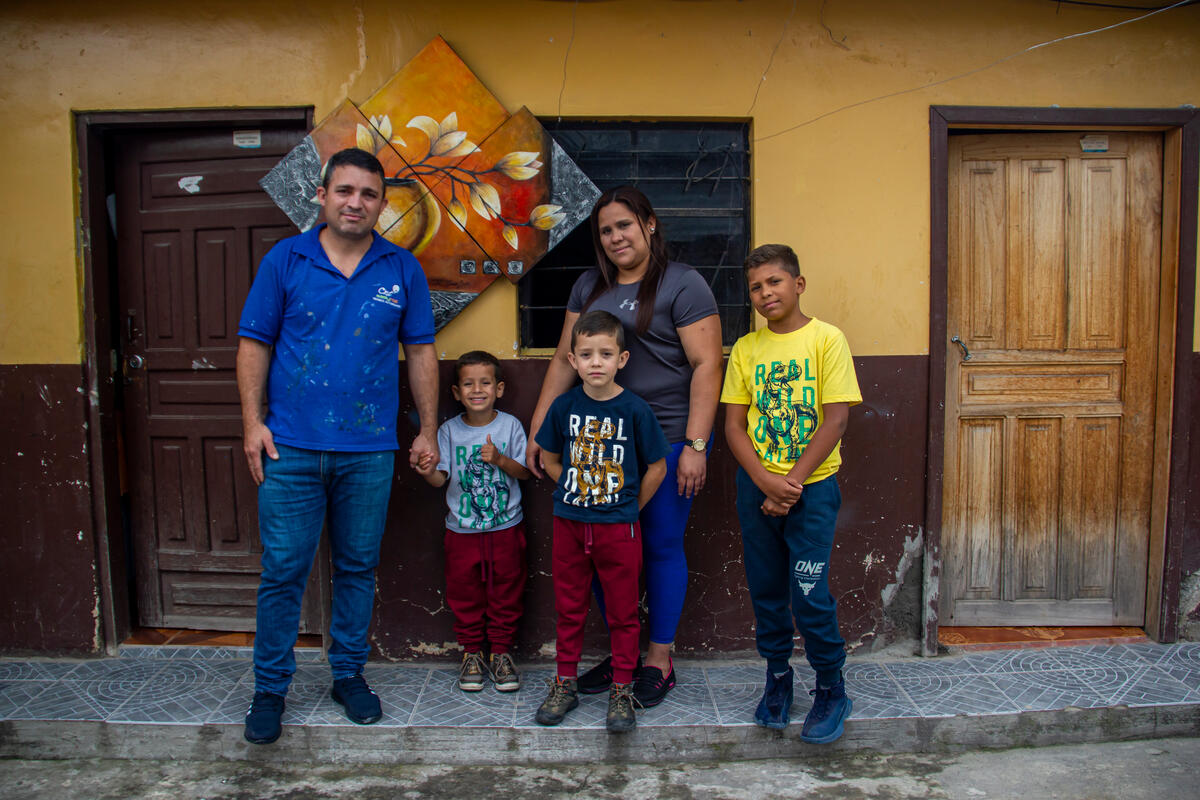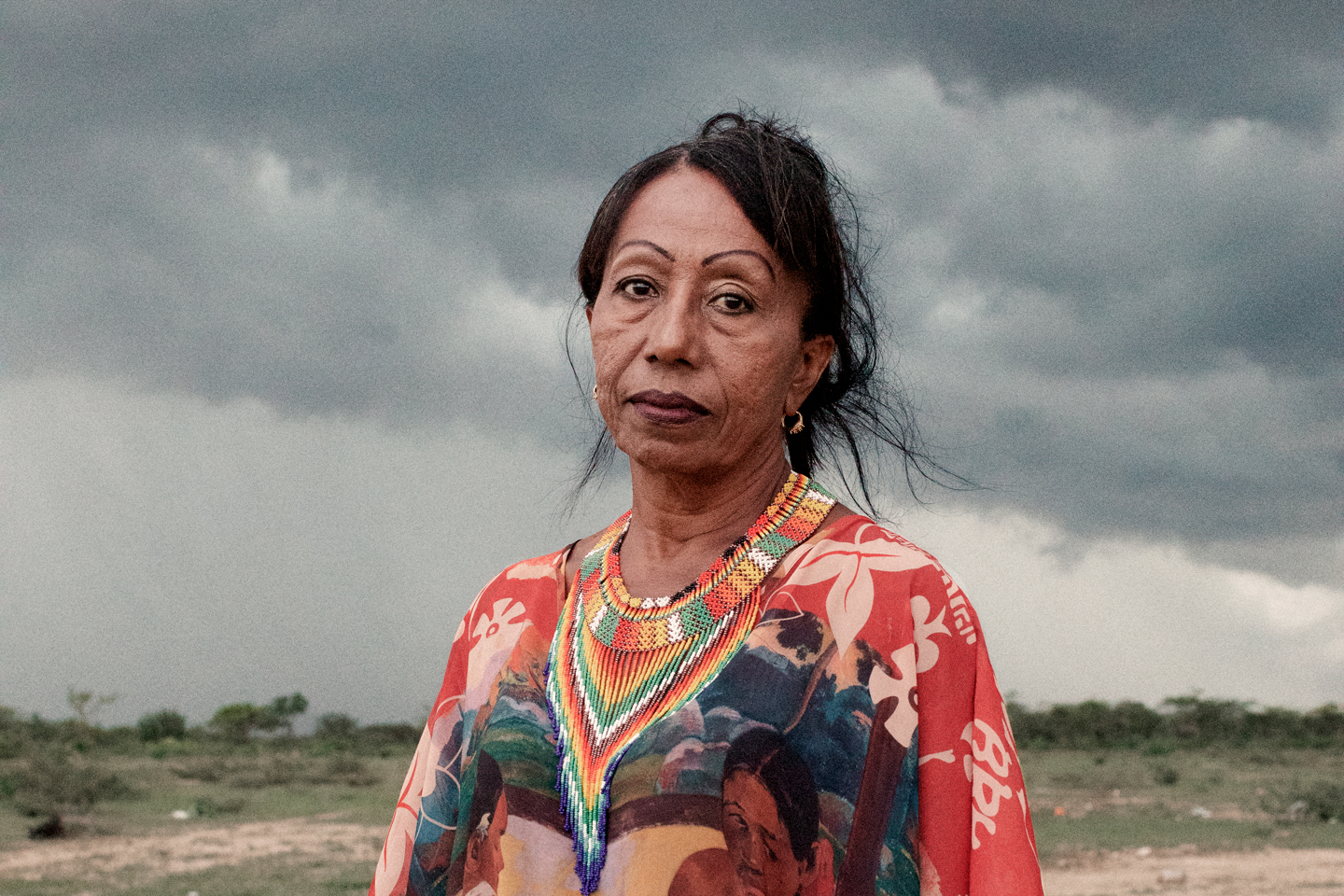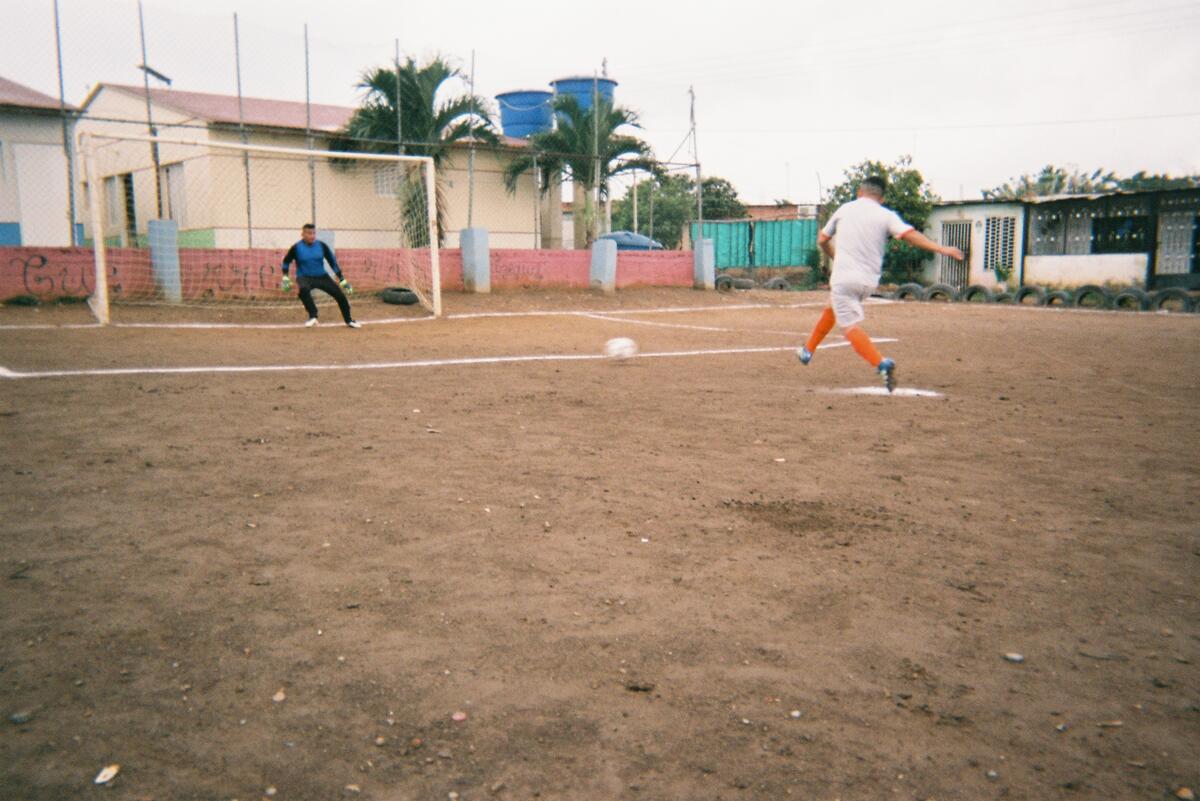Colombia: New study focuses on plight of IDPs in capital
Colombia: New study focuses on plight of IDPs in capital
UNHCR and the private-enterprise initiative "Bogotá Cómo Vamos" are launching today (Tuesday 7 Oct.) a comprehensive study of the situation of hundreds of thousands of internally displaced people [IDPs] in Colombia's capital. The book, "Displaced Population in Bogota: A Responsibility for Everyone" draws attention to the critical situation of IDPs in the capital, where they have fled to escape the fighting between irregular armed groups (left-wing guerrillas and right-wing paramilitaries) and the Colombian Army. Many of these internally displaced persons cannot return to the homes they were forced to flee but face, at the same time, difficulties to integrate in the city as a durable solution to their situation.
Official figures show that the number of IDPs in Bogota skyrocketed in the last three years, increasing 81 percent in 2001 and 140 percent in 2002. According to CODHES [Consultoría para los Derechos Humanos y el Desplazamiento], the main NGO working with IDPs in Colombia, an estimated 400,000 internally displaced people have headed for Bogota since 1995.
According to Government agencies, 75 percent of the IDPs registered by the government in Bogota receive emergency assistance but only 19 percent receive subsidies for income generating projects and less than 4 percent receive help with housing. The study found a lack of assistance specifically designed to meet the needs of ethnic minorities in Bogota, particularly indigenous peoples. As a result of these findings, UNHCR has redoubled its efforts to help strengthen indigenous people's organisations.









